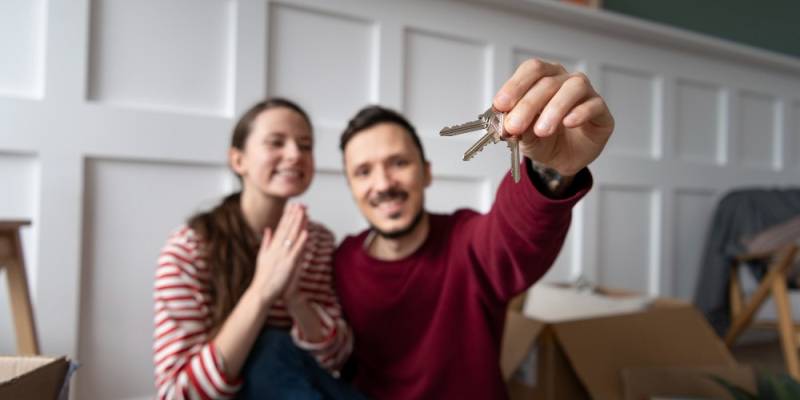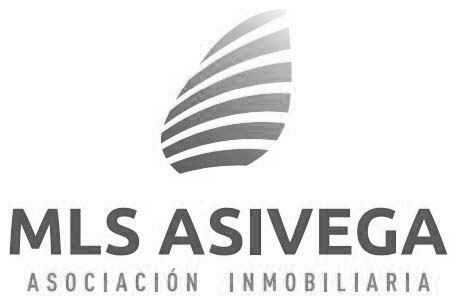Guide to procedures and documentation for buying a home in Spain

Buying a home in Spain is a momentous step in anyone’s life. Whether you’re looking for a second home, a place to retire, or your first property abroad, the process can be both exciting and overwhelming. The key to avoiding setbacks is to be well informed about the paperwork and paperwork required. In this guide, we’ll break down everything you need to know to successfully purchase your home in Spain .
Procedures prior to purchase
Obtaining the Foreigner Identification Number (NIE)
This number is essential for any financial or legal transaction in the country. It can be requested at a police station in Spain, at a Spanish embassy or consulate abroad. The process can take from a few days to several weeks, depending on where you apply for it, so it is advisable to do so in advance.
Opening a bank account in Spain
Although not mandatory, having a local bank account will greatly facilitate the purchase process. It will allow you to handle payments related to the purchase, such as notary fees, taxes, and other associated expenses. Also, if you plan to apply for a mortgage with a Spanish bank, having an account already opened will be an almost unavoidable requirement. Opening a bank account usually requires your NIE, passport, and proof of address in Spain or your home country.
Property search and selection
This is, without a doubt, one of the most exciting moments of the process. Searching for the ideal home can take time, and it is advisable to do so calmly and patiently. It is crucial to consider factors such as location, type of property, condition of the property and, of course, budget. For this process, you can count on the help of real estate agencies, which will guide you in the selection and offer you options according to your needs and preferences. In addition, it is important to make in-person visits to the properties to ensure that they meet your expectations.
Documentation required for the purchase of a home in Spain
Personal documents
To proceed with the purchase, you will need to have your personal documents in order. This includes your valid passport, your NIE, and in some cases, a certificate of civil status, especially if you are purchasing the property together with another person. It is essential that these documents are up to date and in good condition.
Financial documents
To prove your financial solvency, you will need to submit several financial documents. These may include:
- Proof of financial solvency : You may need to prove that you have sufficient funds to make the purchase. This usually includes recent bank statements.
- Proof of income : If you have regular income, such as a salary, you will need to provide pay slips for the last few months. If you are self-employed or have your own business, you will need to provide tax returns or similar proof of income.
- Tax return : In many cases, you will be asked for your tax return from the last year to verify your financial capacity.
Documents related to the property
Before signing any contract, it is vital to review the documentation related to the property. These documents include:
- Simple note from the Land Registry : This document provides an overview of the legal status of the property, including possible charges, liens, and who the current owner is. You can request it directly from the Land Registry or through your lawyer.
- Energy efficiency certificate : It is mandatory for the seller to provide an energy efficiency certificate, which classifies the property according to its energy consumption and CO2 emissions.
- Title deed : This document certifies that the person selling the property is the true owner and has the right to sell it.
The process of buying and selling a home in Spain
Earnest money contract
Once you have selected the property you wish to purchase and are ready to move forward, the first step is to sign an earnest money contract. This is a preliminary agreement between the buyer and the seller, in which the buyer agrees to buy the property and the seller to sell it. In this contract, the buyer provides a deposit (usually 10% of the purchase price) as a guarantee that they will proceed with the purchase. This is a crucial step, as it sets out the main terms of the sale.
Obtaining a mortgage
If you need financing for your purchase, now is the time to apply for a mortgage. It is advisable to have checked with several banks before this point to find out their conditions. Mortgage approval can take several weeks, and you will need to submit all the financial documents mentioned above. Mortgage conditions, such as interest rate and duration, should be carefully evaluated before making a decision.
Signing of the deed
This is the formal act of buying and selling a property in Spain , which is carried out before a notary. During this process, the title deed is reviewed and signed, and the final payment is made. The notary will be responsible for verifying that all documents are in order and that the contract complies with the law.
Registration of the purchased property in the Property Registry
This procedure is essential for the property to be legally registered in your name and protects you against possible claims from third parties. This step can be managed by the notary, your lawyer or by yourself.
Costs associated with buying a home in Spain
Buying a home involves a series of additional costs that you must take into account, and in Spain they are the following:
- Property Transfer Tax (ITP) : If you buy a second-hand home, you will have to pay this tax, which varies depending on the autonomous community, but generally ranges between 6% and 10% of the price of the property.
- Value Added Tax (VAT) : If you buy a new home, instead of ITP, you will pay VAT, which is 10% of the purchase price.
- Documented Legal Acts (AJD) : this is another tax that is paid when signing the deed and also varies depending on the autonomous community, generally between 0.5% and 1.5%.
- Notary fees : Notary fees are also a cost to consider, and are calculated based on the price of the property.
- Mortgage costs : If you need a mortgage, you will need to factor in associated costs such as property appraisal and bank fees.
Now that you know all the procedures to follow when buying a home in Spain, it's time for you to choose your perfect home !












